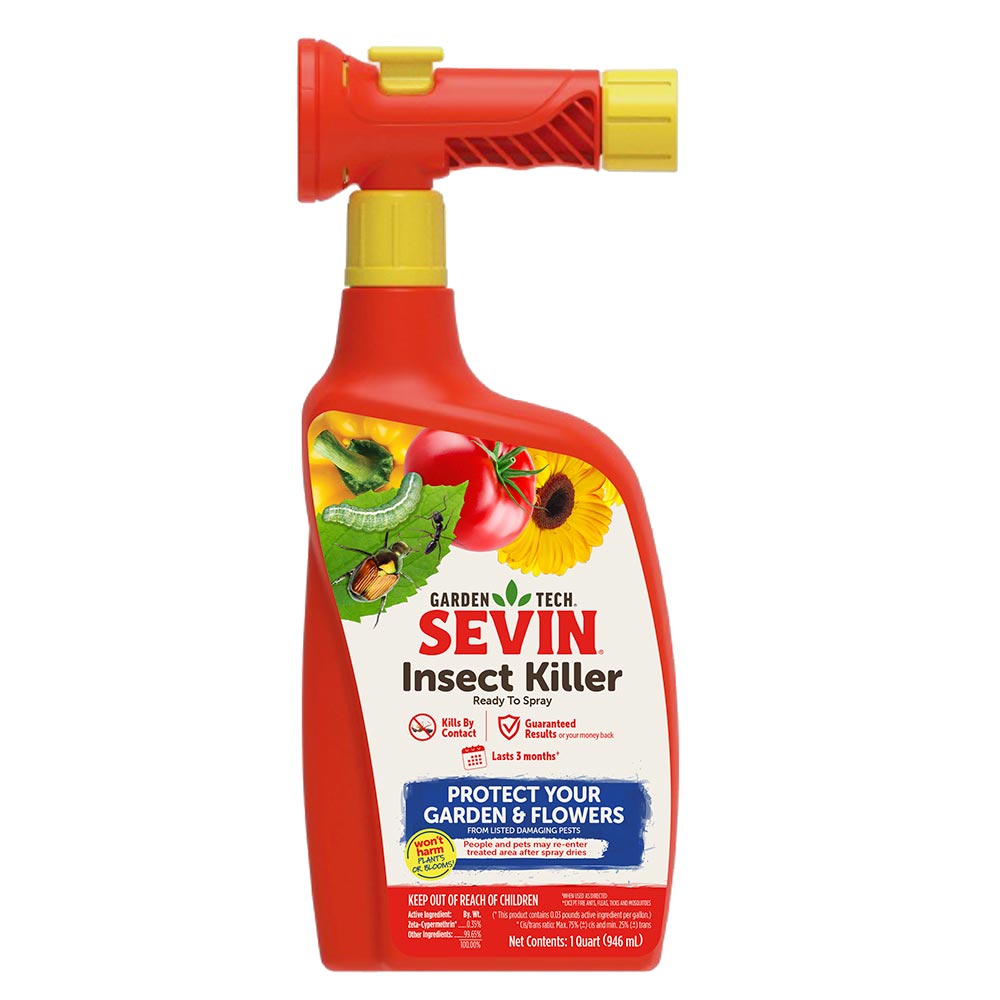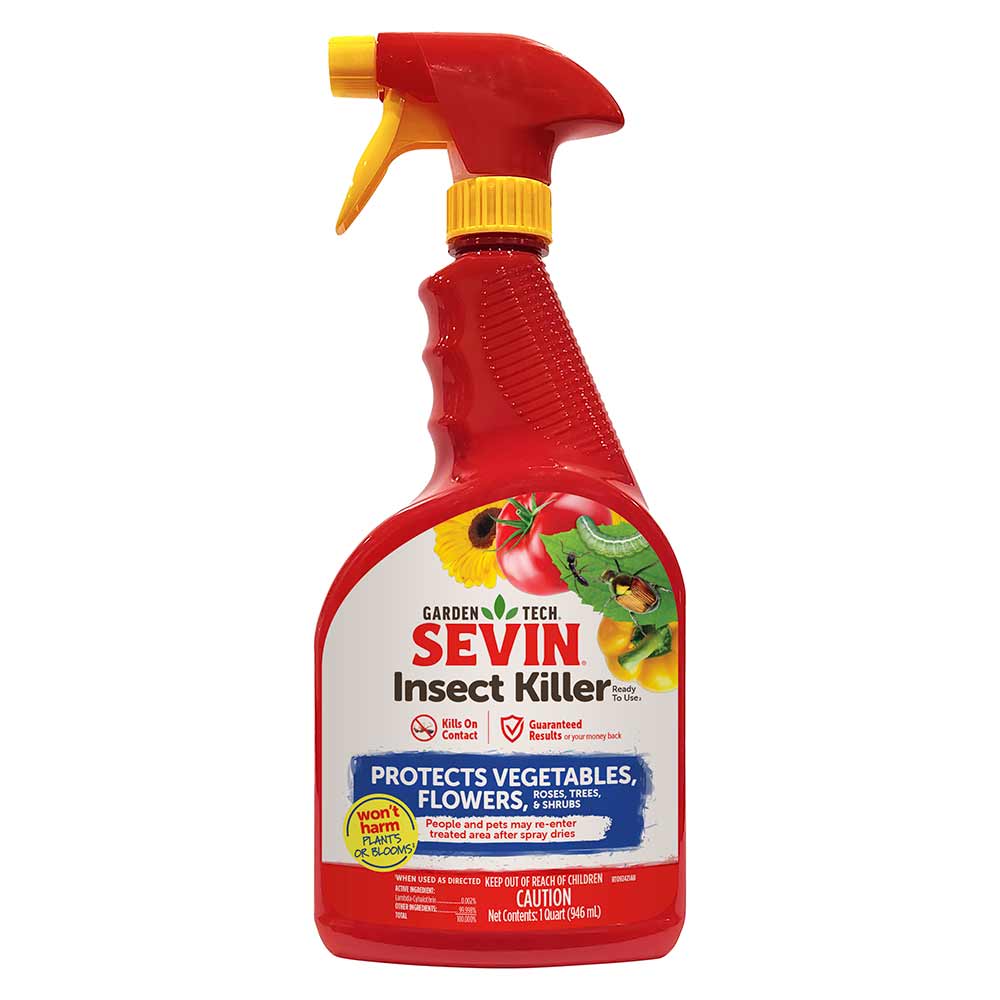Cutworms







Cutworms are destructive pests that damage many different types of plants. The larval forms of several species of moths, cutworms plague lawns and gardens from early spring through fall. Some cutworm species prefer vegetables, including cabbage, lettuces, peppers and carrots. Others go after lawn grasses first. In warm climates, several generations of cutworms are born each season. Their damage builds by fall.
Cutworm Identification
Depending on the species, cutworms vary in color from pink, green or brown to black, usually with muted stripes running lengthwise along their bodies. When disturbed, they curl up into a "C." One of the most common types is the black cutworm, which affects lawns and vegetable gardens. The plump, grayish brown, greasy-looking larvae grow up to 2 inches in length.
Signs or Damage of Cutworms
Cutworms spend their days in soil, coming out to feed at night. You may notice affected plants wilt under midday heat. Closer inspection reveals stems damaged or cut in two as the name implies. Garden seedlings and young transplants are hardest hit. In lawns, cutworms feed at the base of grass, cutting off the blade and often dragging it back to nearby burrows. Check lawn thatch for small tunneling holes lined with green cutworm excrement. Lawn damage peaks during hot summer months.
How to Control Cutworms
Unless days are cloudy, cutworm damage happens at night. To maximize your impact, apply cutworm treatments in evening hours. GardenTech brand offers several highly effective products to kill cutworms and protect your harvest:
- Sevin Insect Killer Lawn Granules reach cutworms above and below the soil line. Apply the ready-to-use granules with a regular lawn spreader, then water the treated area to release active ingredients and reach cutworms where they hide. In garden areas with known cutworm problems, work the granules into the top 4 to 6 inches of soil before planting or as soon as plants emerge. These granules keep killing cutworms for up to three months.
- Sevin Insect Killer Ready to Use2 is ideal for treating targeted plants or smaller garden areas to kill cutworms on contact. Just shake the bottle, adjust the nozzle to spray narrow or wide, and you're ready to treat your plants.
- Sevin Insect Killer Concentrate, used with a pump-style sprayer, or Sevin Insect Killer Ready to Spray, used with a regular garden hose, simplify treating larger areas where you see or expect cutworm damage. Spray to cover all plant surfaces thoroughly, including stems and undersides of leaves. These products kill by contact and keep protecting against cutworms for up to three months.
Cutworm Control Tip: Cutworms overwinter in the larval stage in soil. Till your garden in fall and spring to expose and kill overwintering larvae.
Always read product labels thoroughly and follow instructions, including guidelines for listed plants and pests, application frequencies and pre-harvest intervals (PHI) for edible crops.
Photo Credit:
"Black cutworm, curled" by USGS Bee Inventory and Monitoring Lab (Public domain)
"Black cutworm, side" by USGS Bee Inventory and Monitoring Lab (Public domain)
"Black cutworm (Agrotis ipsilon)" by W.M. Hantsbarger (Bugwood.org) licensed under CC BY 3.0 US
"Black cutworm (Agrotis ipsilon)" by David Jones at University of Georgia (Bugwood.org) licensed under CC BY 3.0 US
"Black cutworm, face, straight on" by USGS Bee Inventory and Monitoring Lab (Public domain)
Is this not your insect?
View all Insects



